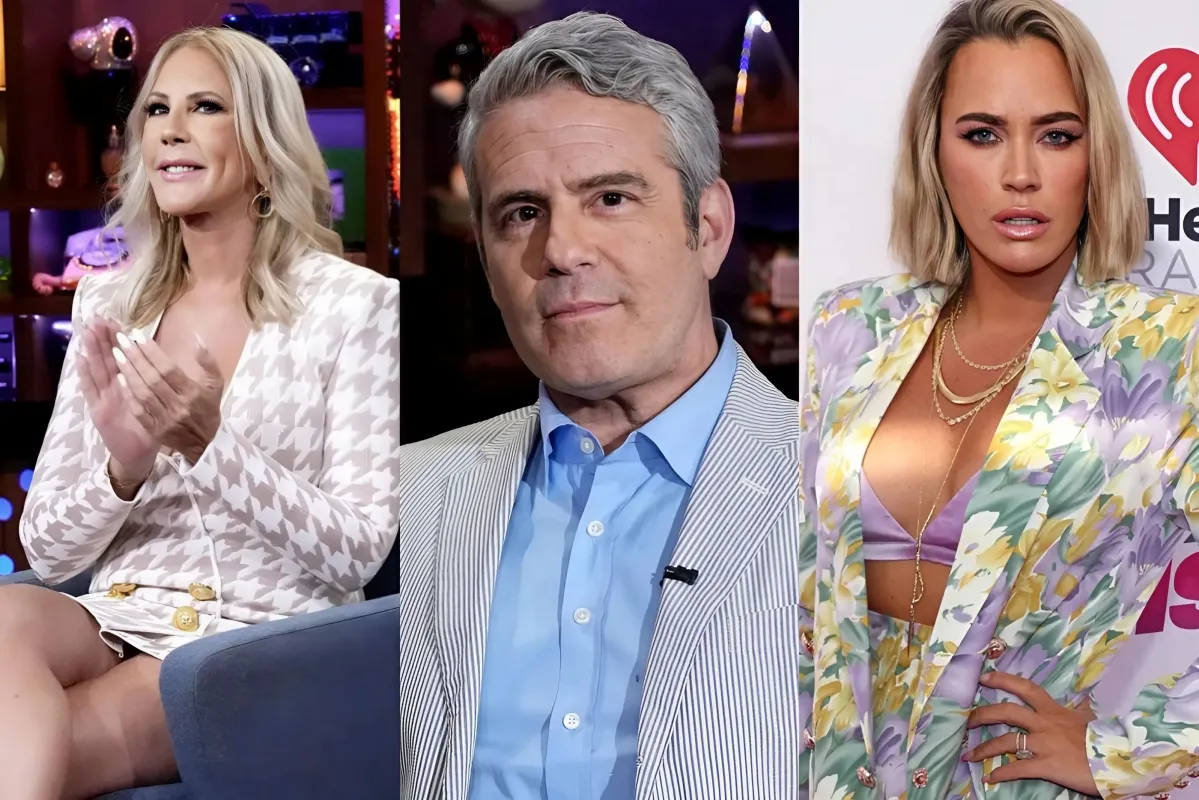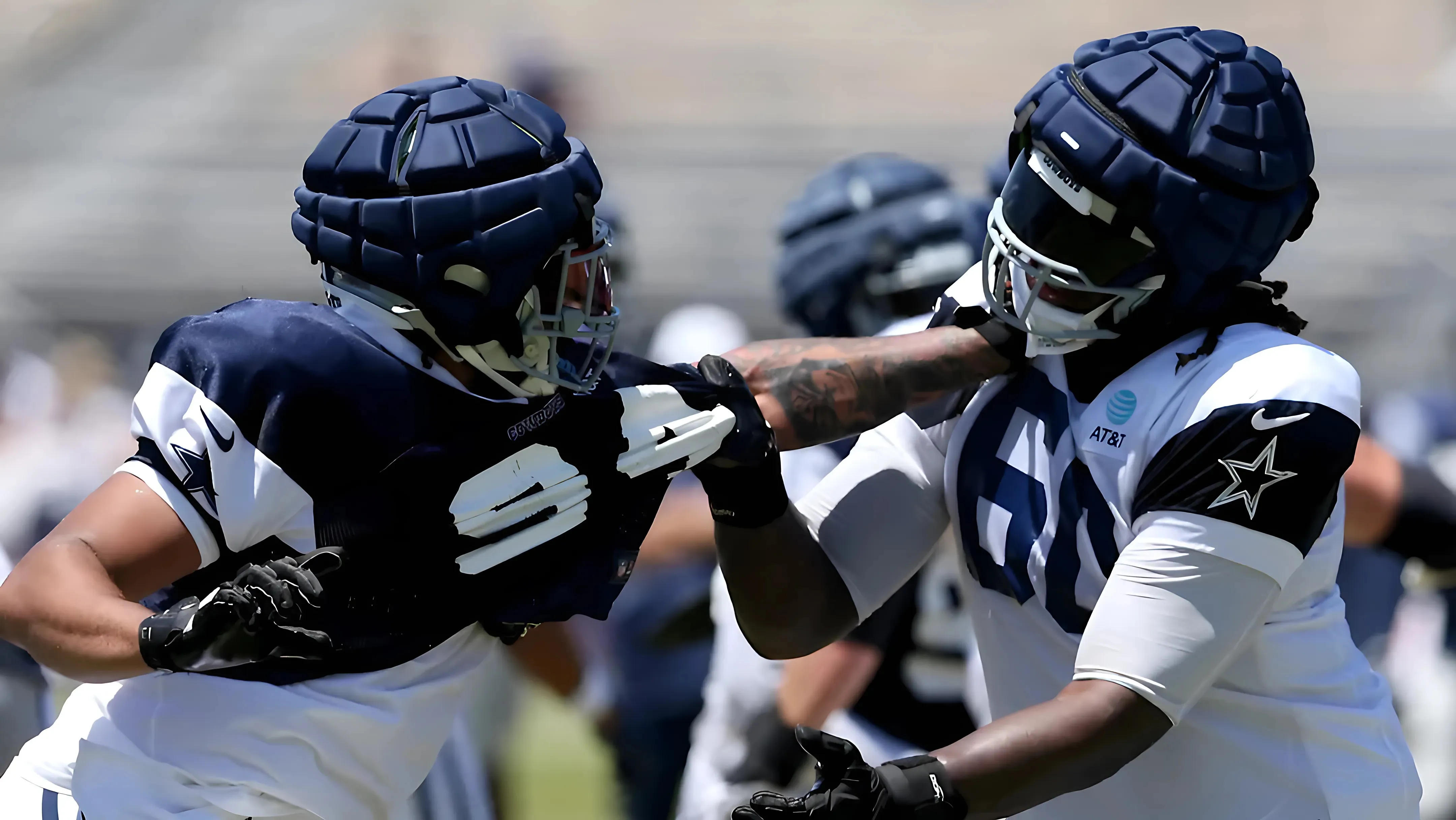
The Colorado Avalanche have stumbled out of the gate to start the 2024-25 season and are currently the proud owners of a 1-4-0 record and the third-to-last spot in the league-wide rankings.
The Avalanche’s attack has been relatively underwhelming with only 3.4 goals per game (13th in the NHL) given that the Avalanche have finished fourth or better in goals per game in each of the previous five seasons. Injuries have also decimated their lineup and may have contributed to a weakened defensive stature. Yet, it’s the play of their goaltenders that has caused the most consternation around the Avalanche camp.
Alexandar Georgiev still appears to be trending in the wrong direction after a difficult 2023-24 campaign which saw him post an .896 save percentage (SV%) in 74 combined regular-season and playoff games. It was a stark contrast from his stellar debut season with the Avalance (.918 SV% in 62 games) and one more in line with his disastrous start to the 2024-25 campaign, where an .811 SV%, a 4.99 goals-against average (GAA), and minus-8.85 goals saved above expected (GSAx) punctuate a gruesome stat-line.
Even backup Justus Annunen has struggled to find his game to start the season. His numbers are out of wack due to replacing Georgiev in relief (.765 SV% and 4.69 GAA in two games) but a .928 SV% in 14 games last season suggests this early dip could just be a blip on the radar.
Keep in mind that it’s still early in the season so selling teams may not be as eager to part ways with their goalies so soon. Any trade will likely have to involve Georgiev going the other way as a salary makeweight given that he is on an expiring deal carrying a cap hit of $3.4 million and the Avalanche could soon be staring down the barrel of a cap conundrum when injured players return. With that context in mind, let’s dive into three goalies who the Avalanche could – and should – target in a trade at some point this season.
Tristan Jarry, Pittsburgh Penguins
The first trade target is 29-year-old Tristan Jarry of the Pittsburgh Penguins, whose contract carries a $5.375 million average annual value (AAV) for three more seasons after this one. A swap involving Jarry and Georgiev would represent a mutual exchange of reclamation projects and could benefit both underperforming teams (the Penguins are 3-3-0 and 21st in the league by points percentage).
Jarry is off to the worst start of his professional career, with a SV% of .836 and a GAA of 5.47 through three games, both of which rank in the bottom five of all qualified goalies (minimum two games played). His SV% has now dropped in three consecutive seasons, and the team has instead turned to rookie goaltender Joel Blomqvist (.908 SV% in four games) more often than the veteran of 260 NHL games and a respectable career SV% of .911 and a positive GSAx.
It’s difficult to see the Penguins willing to retain a significant portion of Jarry’s salary in any deal given the remaining term, even if the expiring Georgiev is part of the return. The Avalanche may also be dismayed by both his lack of experience (eight games) and subpar play (.891 SV%) in the playoffs, though Colorado’s acquisition of Darcy Kuemper ahead of the 2021-22 championship season could be drawn up as a loose parallel and the best possible outcome of a potential trade.
Jarry has talent as evidenced by his career numbers and four separate seasons with a SV% of .909 or higher. He seems in dire need of a change in scenery and Colorado could be the place to regain his confidence and revitalize his flagging career.
Sam Montembeault, Montreal Canadiens
This trade target is the least likely of the three given that the Montreal Canadiens will be hoping to take the next step in their competitive development over the next few seasons, but Sam Montembeault could be the long-term solution in the net that the Avalanche have been looking for since Philipp Grubauer left as a free agent in the summer of 2021.
The Canadiens’ front office may opt to hold onto him since Montreal’s core players are mostly in their early 20s, so Montembeault wouldn’t necessarily be too old (he turns 28 at the end of October) when those players hit their prime. He’s also cheap ($3.15 million AAV through 2026-27), underrated (seventh among all goalies in GSAx since 2022-23) and is being bandied about as a potential dark-horse to be one of Canada’s three goalies at the 4 Nations Faceoff and the 2026 Winter Olympics.
That’s all despite unimpressive career numbers of an .899 SV% and 3.35 GAA over 148 games; surface-level statistics which don’t tell the whole story about a goalie’s playing environment.
:
What could force the Canadiens’ hand and initiate a trade? First is that the team is also facing a number of significant injuries and could be headed for another season spent rebuilding, though expectations were not very high to begin with. The Canadiens are by far the worst defensive team in the NHL at 5-on-5, conceding the highest rate of shots (SA), scoring chances (SCA), and expected goals (xGA) per 60 minutes. Don’t let the 2-3-1 record fool you, this is not a bubble playoff team playing at a sustainable pace over the long term.
If the younger Cayden Primeau (three years younger than Montembeault) is able to replicate his 2023-24 season (.910 SV% and plus-9.2 GSAx in 23 games), general manager (GM) Kent Hughes could be motivated to trade Montembeault for help elsewhere and still retain ownership of a goalie in line with Montreal’s timeline. The most probable outcome is that the Quebec native stays put, but it’s a situation to keep an eye on as the season progresses.
John Gibson, Anaheim Ducks
Another familiar name in trade rumors, 31-year-old John Gibson of the Anaheim Ducks, has struggled with injuries and inconsistent play since inking his current contract following the 2018-19 season. It carries a $6.4 million AAV and expires at the end of the 2026-27 season when Gibson is 34 years old. The American goaltender has yet to play a game this season due to undergoing an emergency appendectomy surgery, though he is expected to return next month.
Gibson’s trade value has gradually decreased in recent years as he has not posted a SV% above .904 in the last five seasons and has allowed over 22 goals more than expected since the start of the 2019-20 season, ranking 154th out of 170 goalies to have made at least one appearance in that time. Lukas Dostal, a 24-year-old, is also ready to take over the Ducks’ net, posting a .927 SV% in his first three games this season and after submitting a .903 SV% in 44 games in 2023-24.
John Gibson, Anaheim Ducks (Amy Irvin / The Hockey Writers)
The optimistic view is that Gibson’s poor performance is mostly a byproduct of the inexperienced defensive core in front of him (they are second-last in SA, SCA, and xGA), rather than a decline in ability. The Ducks have one of the most promising prospect pipelines in the league, but developing said prospects is often a turbulent and erratic process. Gibson has also played in more than half of the Ducks’ games in every season since the start of the 2016-17 season and posted a SV% of .917 or better in four consecutive seasons between 2015-19.
At only 31, Gibson’s NHL shelf life may be extended in a more competitive and structured environment but his cap hit (seventh among all goalies) would require retention on Anaheim’s part. They may not be amenable to such an agreement for three more seasons and it’d be a gamble on the Avalanche’s part. Still, it’s the sort of inspired swing that could make or break GM Chris MacFarland’s legacy in Colorado and would not be all that surprising if it were to unfold.
Avalanche Don’t Have Many Solutions to Goalie Problem
As the list of trade targets indicates, there aren’t many feasible options on the market this early into the season. Even if they were available, there is no guarantee any of them would be a significant upgrade on what the Avalanche currently has in hand.
The Avalanche claimed Kaapo Kahkonen off of waivers and may be willing to run a three-man rotation until someone better becomes available. Prior to Jeremy Swayman signing an eight-year contract with the Boston Bruins which carries an AAV of $8.25 million, the disgruntled American net-minder could have been a long-shot target of the front office. Instead, the market is still short on readily available targets and as such, there may not be an appropriate move to make at the moment.
The Avalanche’s injury situation has weakened the team’s defensive support system so it may not be fair to pin the gaudy goals against numbers all on the net-minders. At the risk of the season slipping away from them, the play may be to stick with the current triumvirate and hope that one of them finds their game. If the position is not addressed in some capacity, the 2024-25 campaign could become an unexpectedly lost season, a waste of the team’s seismic core.



